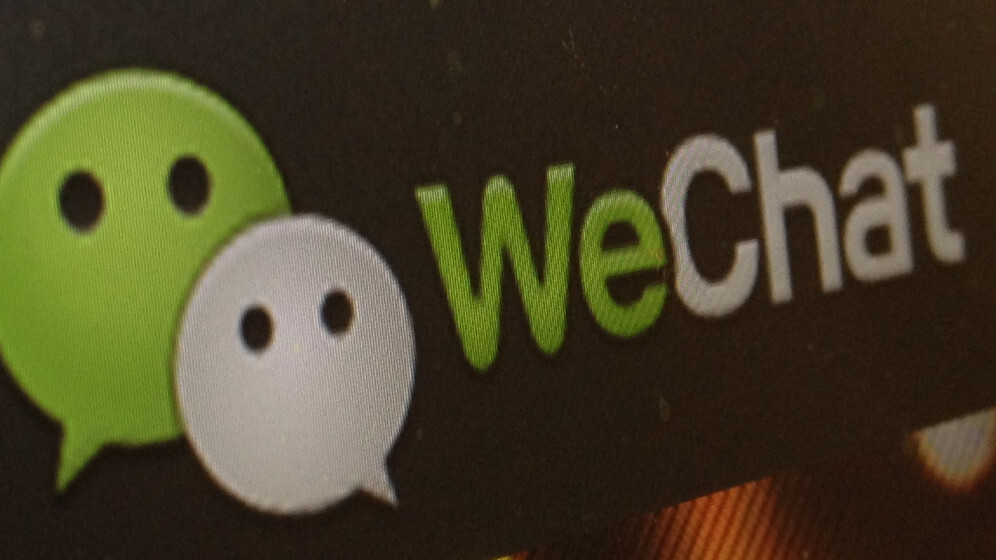
Tencent’s golden child is undoubtedly Weixin (known to users outside of China as WeChat), but as CEO Tony Ma explained during his keynote at the Global Mobile Internet Conference (GMIC) in Beijing today, he believes that the mobile messaging app will determine the fate of Tencent’s long-term strategy.
WeChat has introduced social networking features – a trend also exhibited by its competitors including LINE and even Nimbuzz – and direct comparisons between Tencent’s mobile messaging app and Facebook aren’t hard to come by. Just open up WeChat and take a look at “Social,” Tencent’s take on Facebook’s News Feed.
With the subject once again brought up during Ma’s fireside chat today, he admitted that Facebook influenced Tencent’s WeChat strategy in more ways than one.
For starters, in 2011 Tencent announced its open platform. Ma admits that Tencent was well aware of Facebook’s open platform as early as 2009 when Facebook was inviting third-party developers to build apps on the social network. Game developers – Zynga, for example – embraced the invitation and flourished.
Even if Tencent was interested in opening up, and eventually launched WeChat in 2011, the app was initially built to be a mobile instant messenger, not a social network. To make WeChat social the entire platform needed to be completely overhauled, Ma recalls, a move that didn’t sit well with everyone.
WeChat the mobile game platform
Fast forward to 2013, with social features in place, Tencent is confident about its open-platform strategy, as evidenced by the addition of mobile gaming on WeChat.
Talking about WeChat’s gaming foray, May says that the company dabbled with games built internally, alongside games built by partners, but interestingly the performance of its in-house games was nothing to be envied. All of its top ranking games were developed by its partners.
I wouldn’t be so quick to dismiss internally developed games. LINE CEO Jeanie Han has told me before that the app has amassed healthy revenues courtesy of its games, all of which are developed in-house.
WeChat, Tencent’s international ticket
With 300 million users and counting, Tencent is running out of room to expand domestically. “Internationalizatin is Tencent’s dream,” said Ma, adding that Tencent’s success or failure outside of China is contingent on how WeChat fares abroad.
To fulfill this dream, one option is to build hardware, but Ma was quick to shoot down any speculation, stating that “Tencent is a software company.” With this in mind, any “hardware foray” would involve integrating its software into partnering companies’ hardware – like OEMs.
What’s attention-grabbing however is Tencent’s interest in wearable devices. Tencent is considering “linking [WeChat] services and experiences” to these devices, but hasn’t acted on this interest yet.
Read other stories from GMIC 2013 here.
Get the TNW newsletter
Get the most important tech news in your inbox each week.




